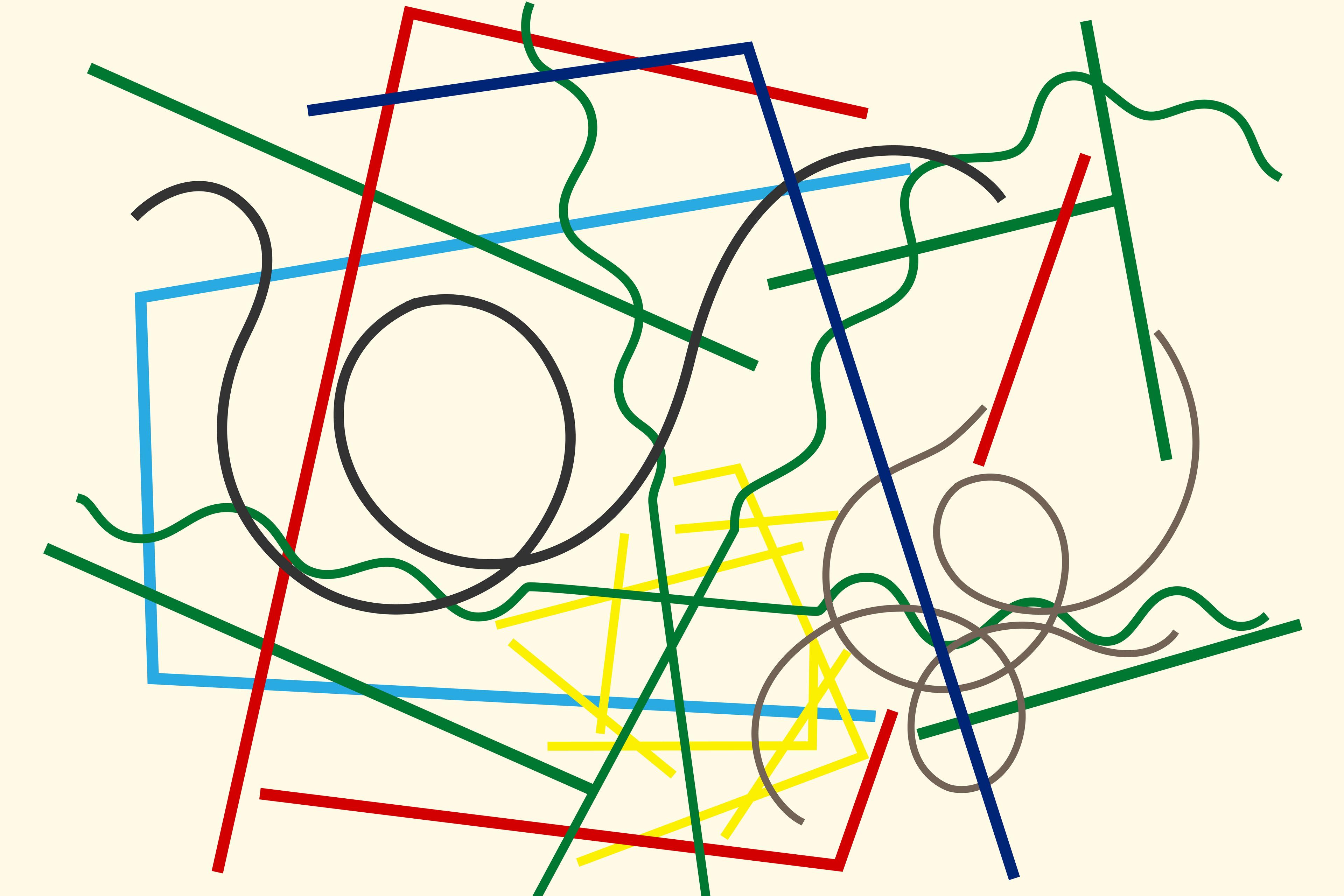
How to be lucky
Most of us think that luck just happens (or doesn’t) but everyone can learn to look for the unexpected and find serendipity
by Christian Busch

Most of us think that luck just happens (or doesn’t) but everyone can learn to look for the unexpected and find serendipity
by Christian Busch
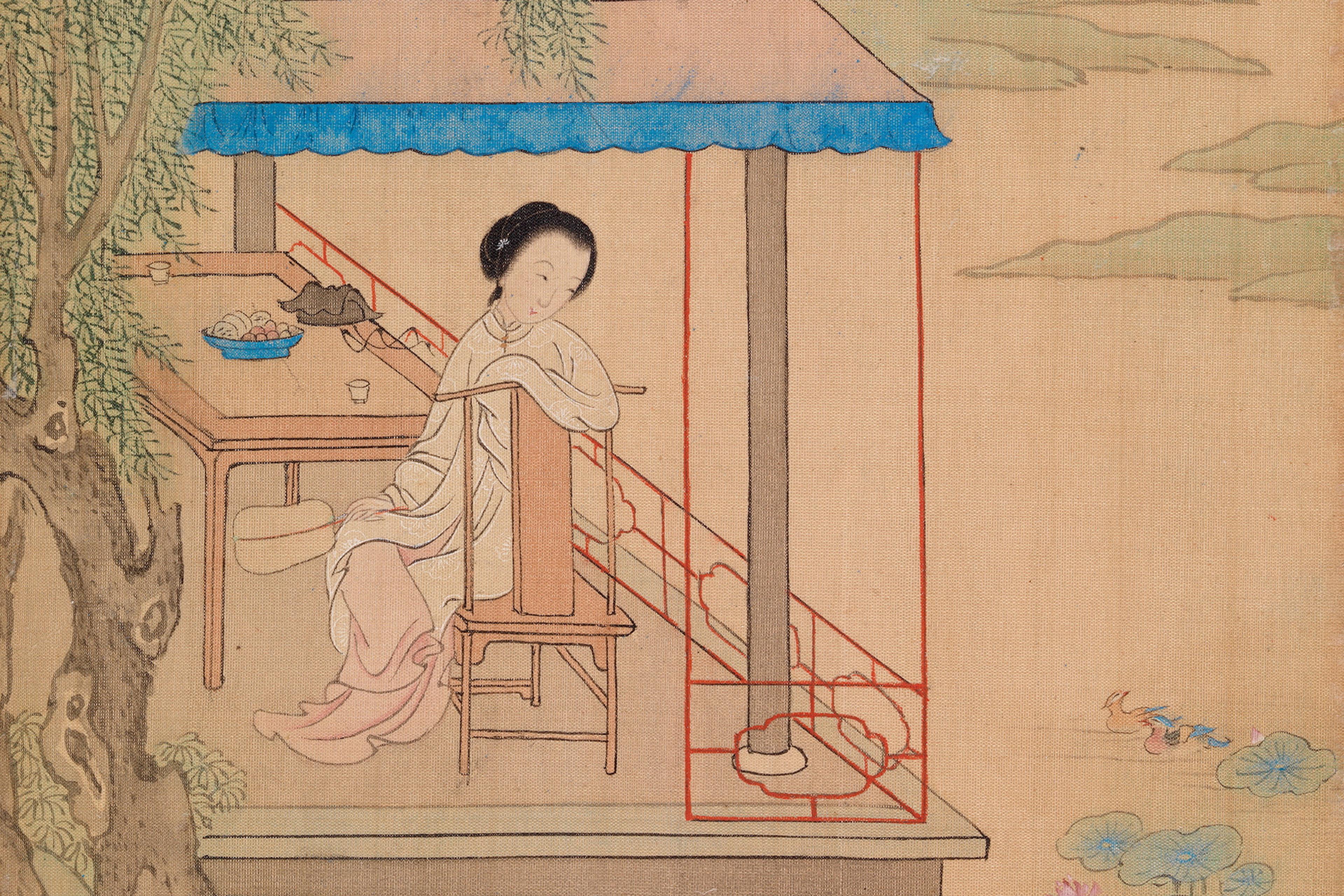
Whether grieving a death or connecting to colleagues, creativity enables an artful life, according to Chinese philosophy
by Julianne Chung
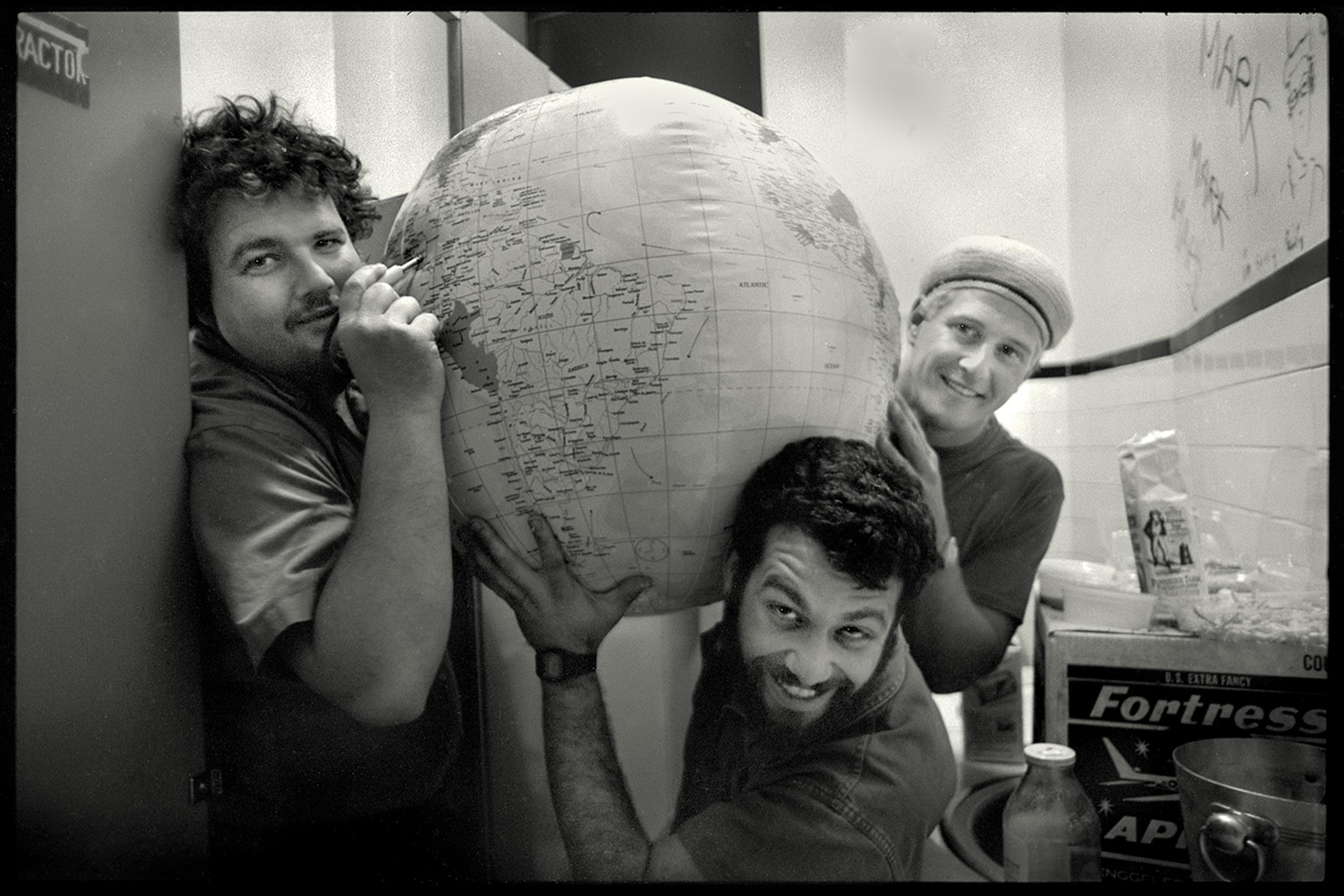
Like the fertile soil of a well-kept garden, a life of splendid, utter uselessness yields abundance beyond our immediate aims
by Joseph M Keegin
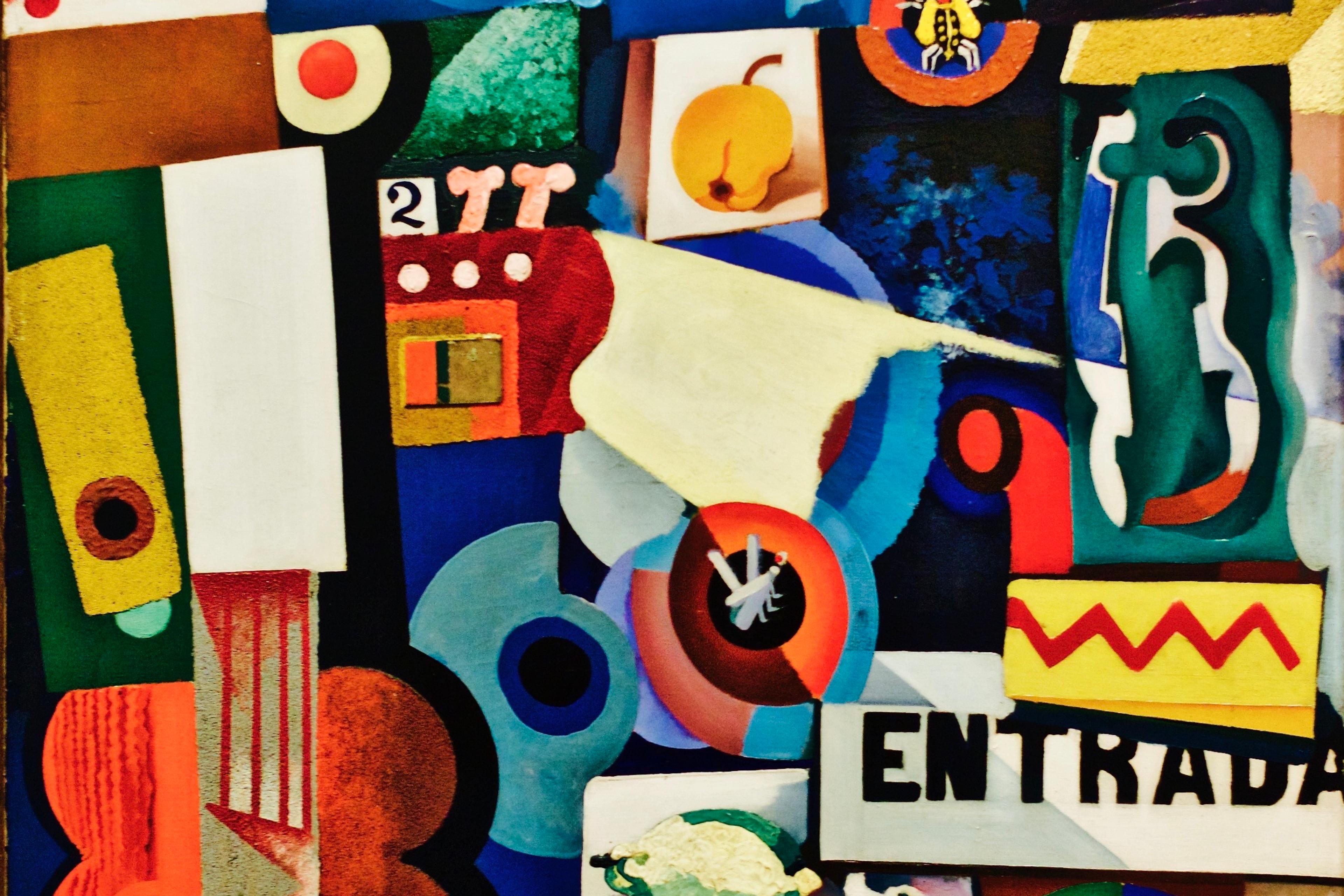
Inspiration rarely comes as a mysterious visitation from the muse. Far better to learn the techniques and habits of the craft
by Jason Whittaker
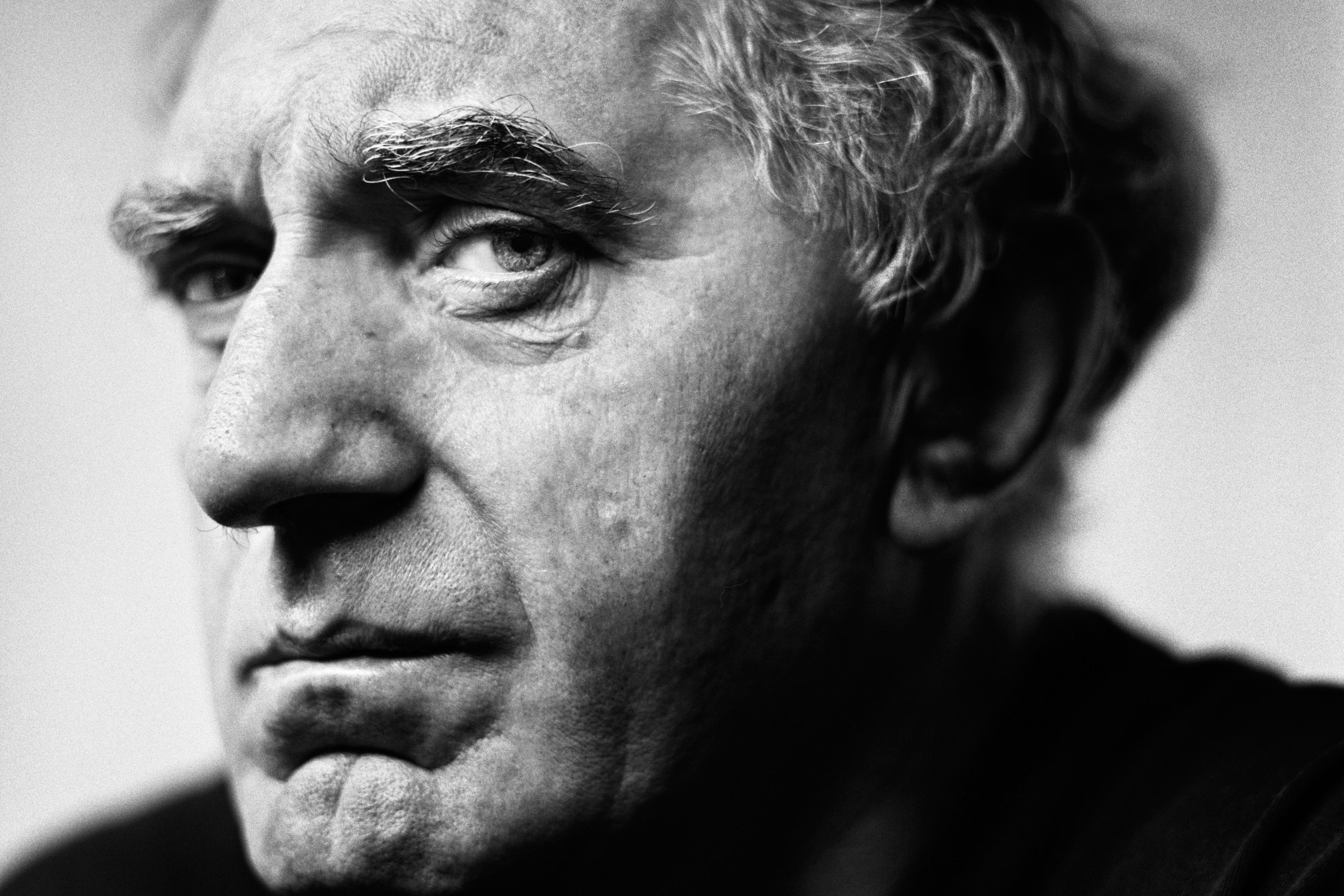
It’s not only writer’s intuition. Use personality psychology to create just the right blend of surprise and believability
by Kira-Anne Pelican
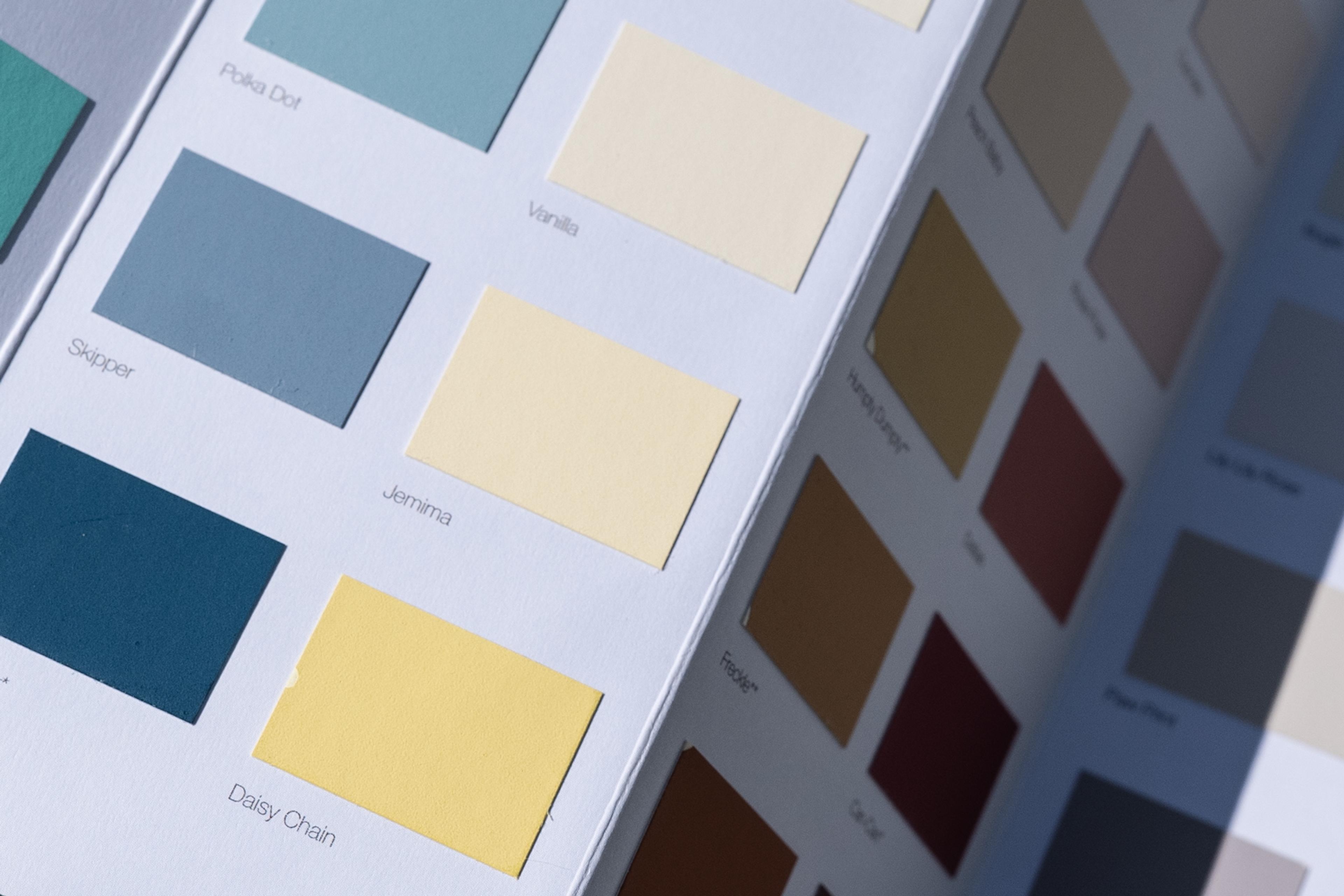
Have you hit an impasse in your personal or professional life? Answer these questions to open your mind to what’s possible
by Constance de Saint Laurent & Vlad Glăveanu
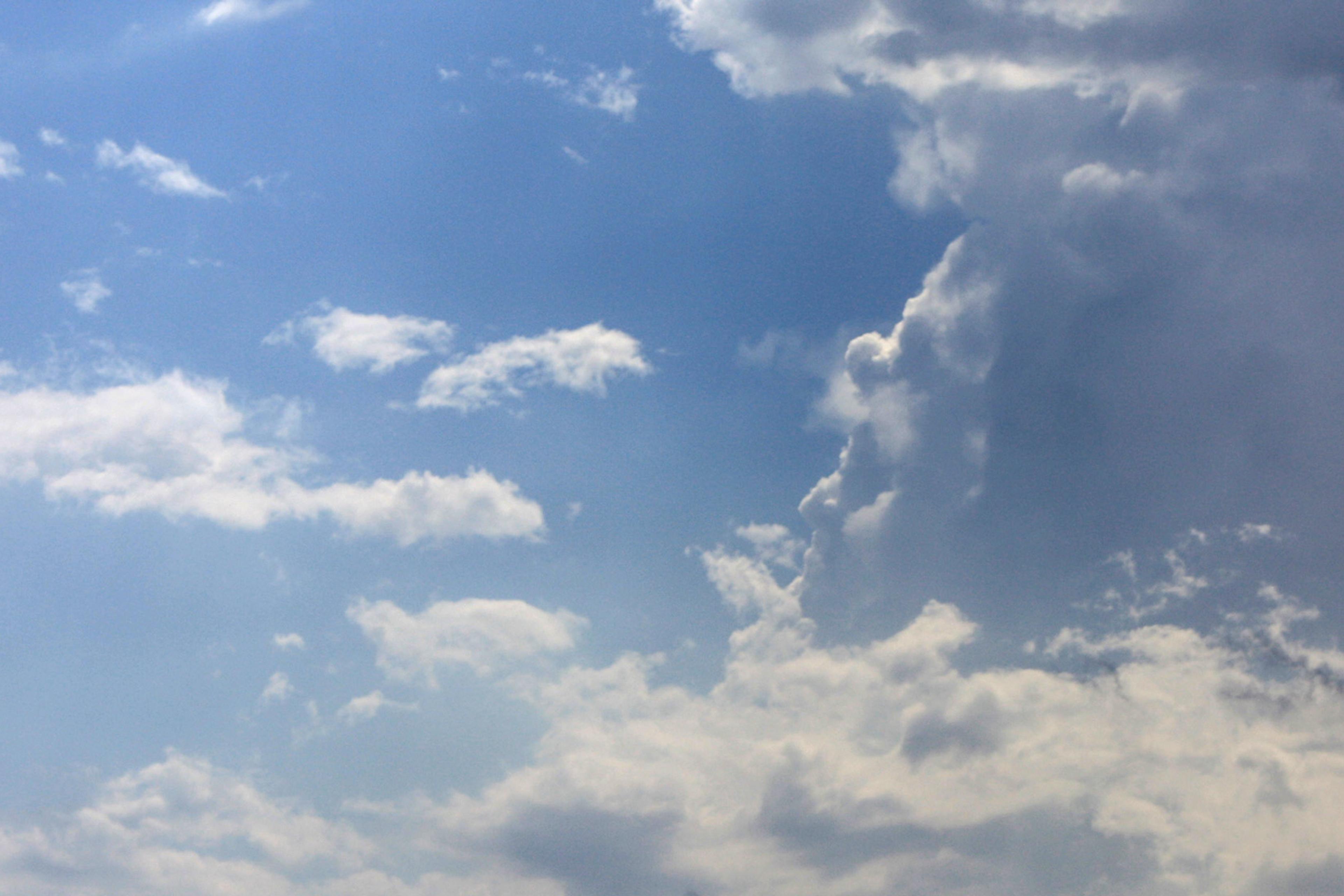
Long considered a sign of mental illness, ‘pareidolia’ or seeing patterns in randomness might be a useful measure of creativity
by René Müri & Nicole Göbel
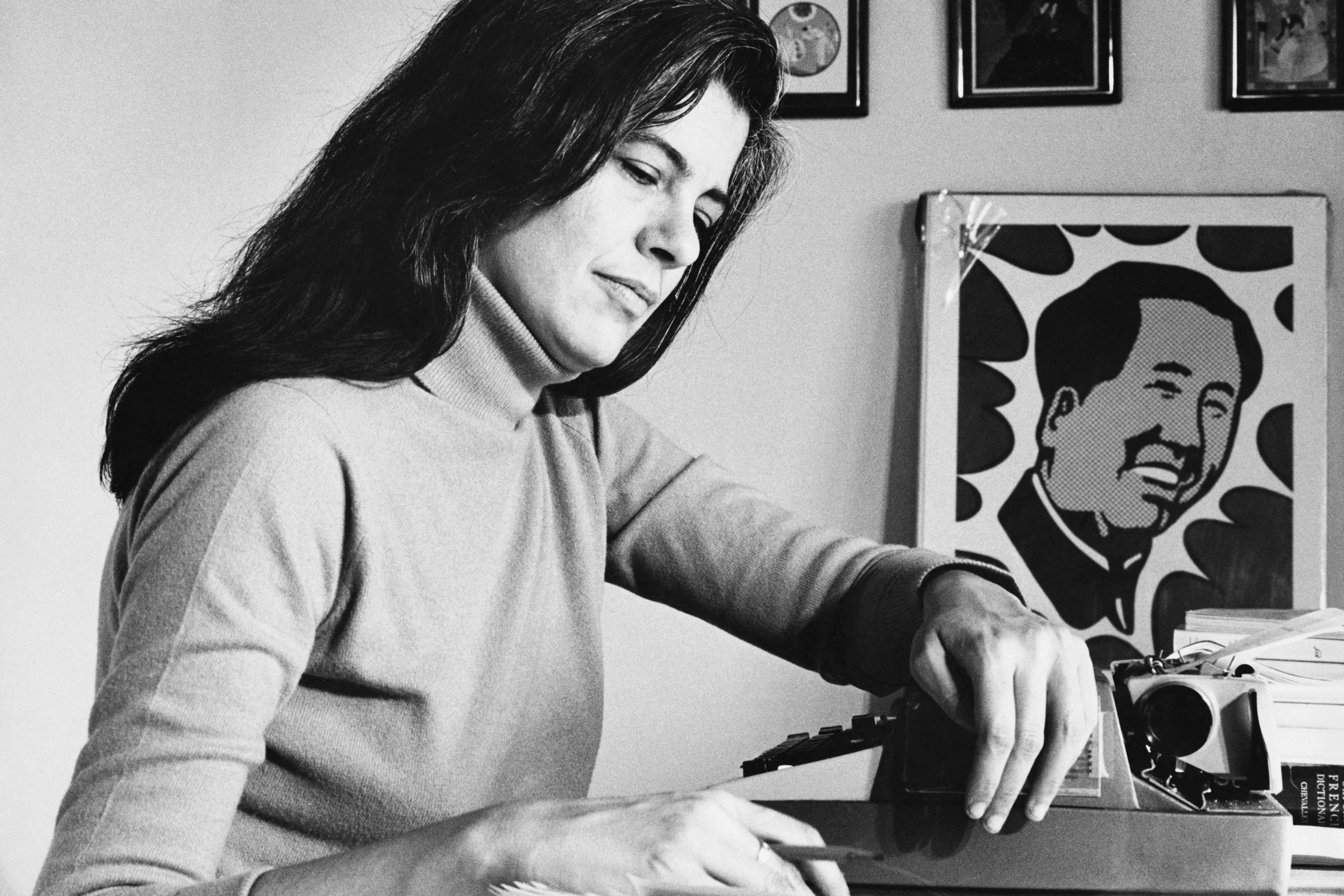
Journaling is an art and a daily practice that allows you to write your life and find your way, one sentence at a time
by Sarah Boon
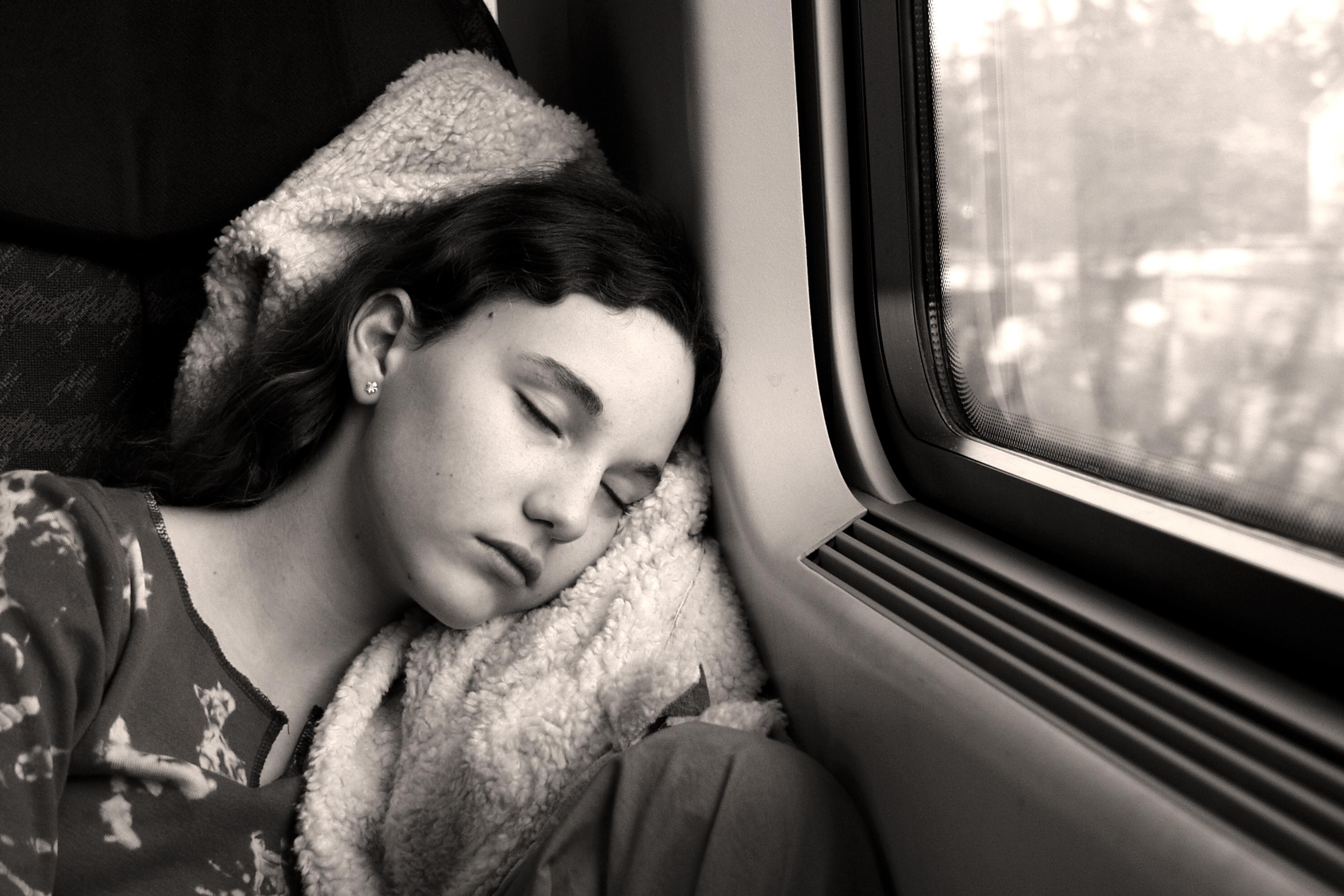
Neuroscientists are demystifying this in-between state, uncovering its role in memory processing and its creative potential
by Célia Lacaux
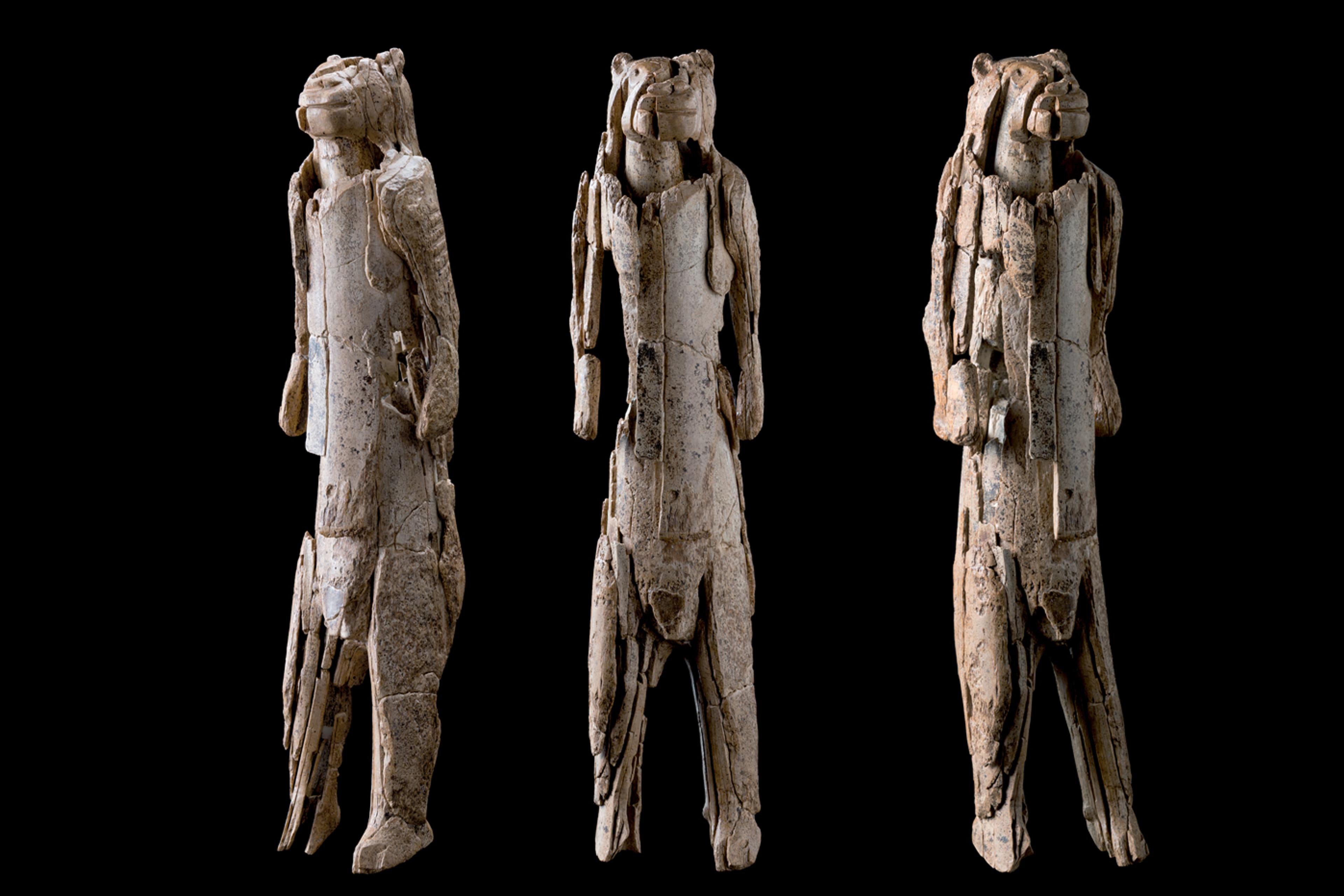
Hypothetical thinking is the key to sustained innovation and creativity: invention drove the evolution of the human mind
by Keith Frankish
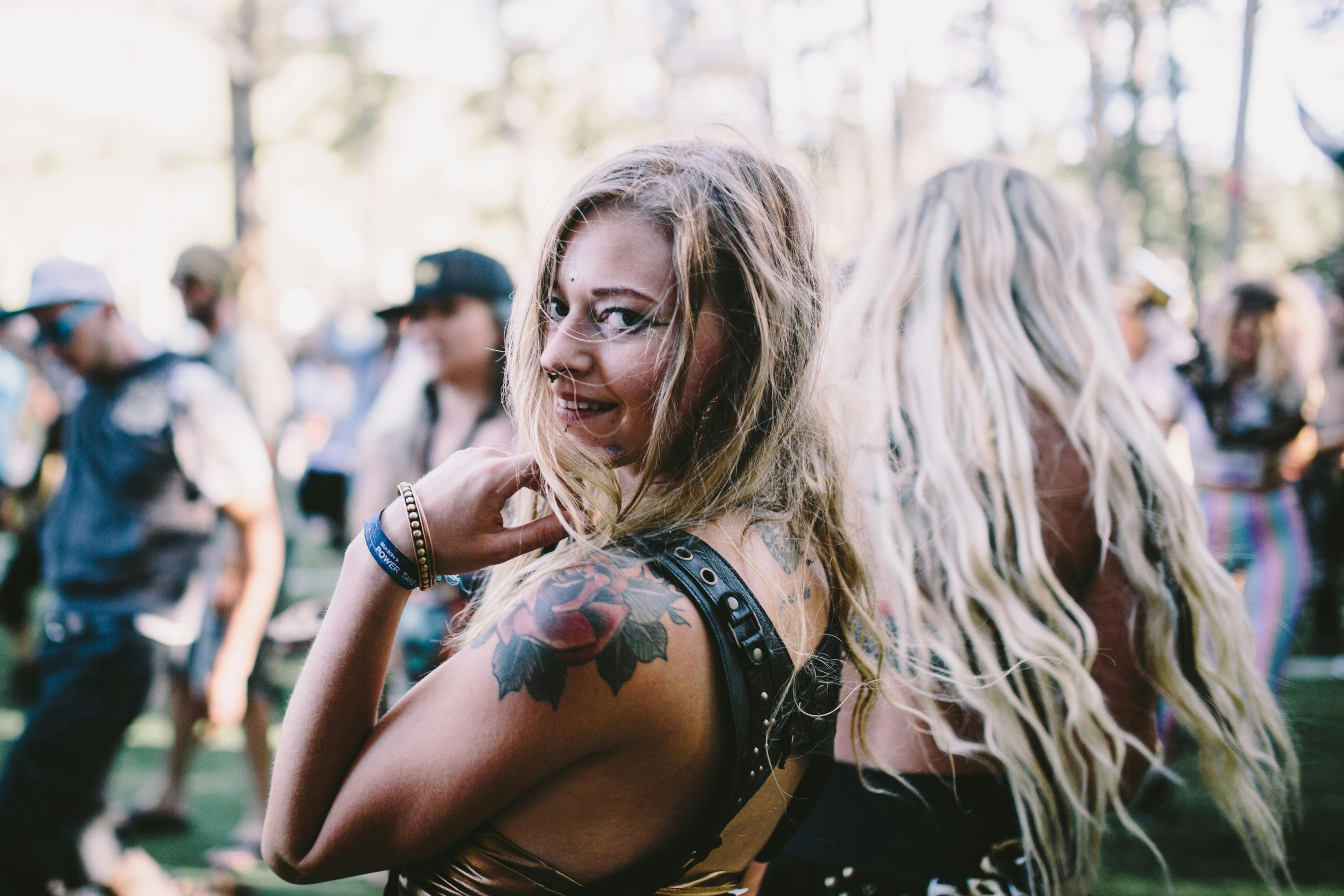
Conscientiousness is constantly touted as a virtue, so what’s life like for people with the opposite trait – disinhibition?
by Janan Mostajabi
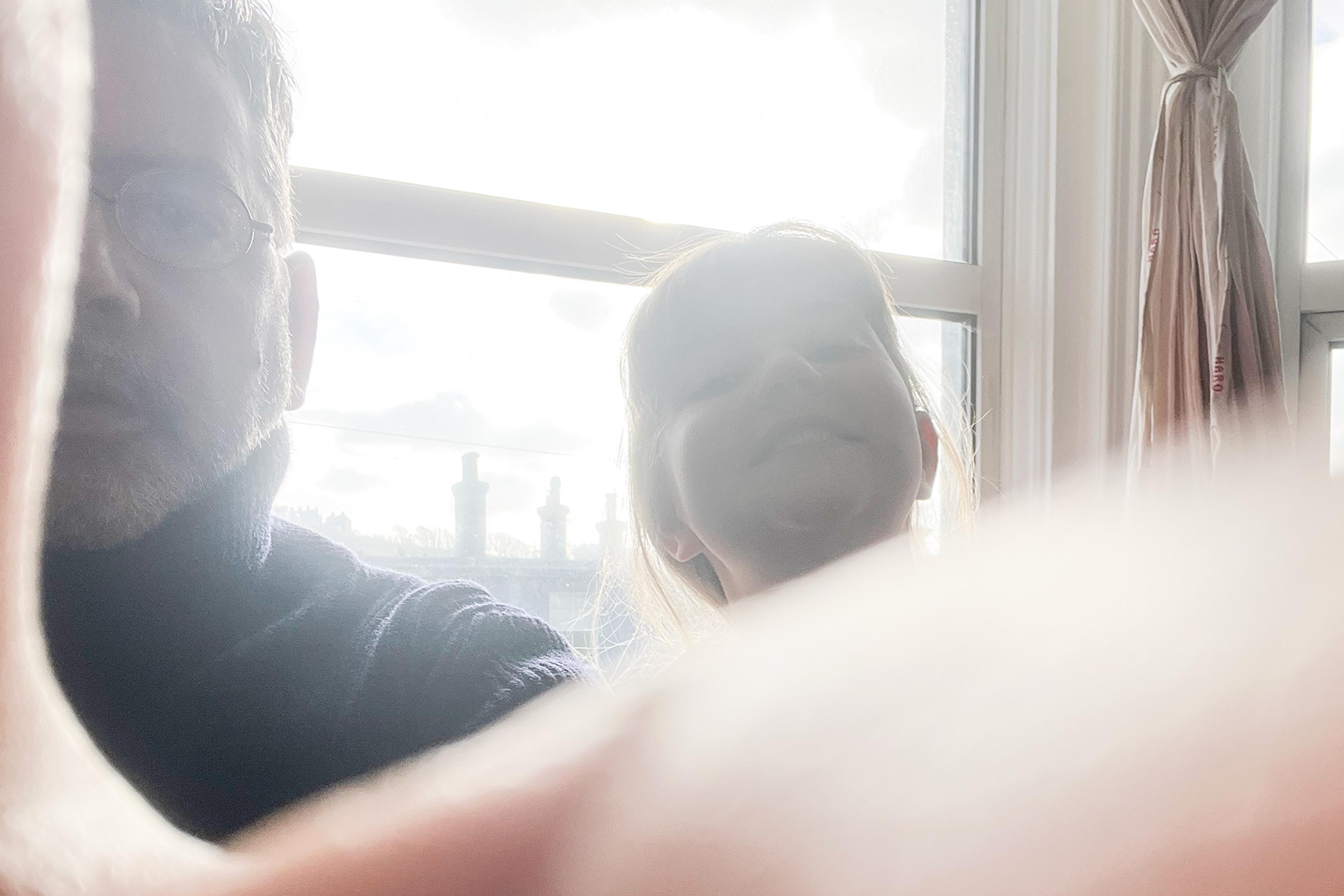
Anyone can learn the principles that are essential to capturing quality images. Follow these tips and see the difference
by Paul Pope
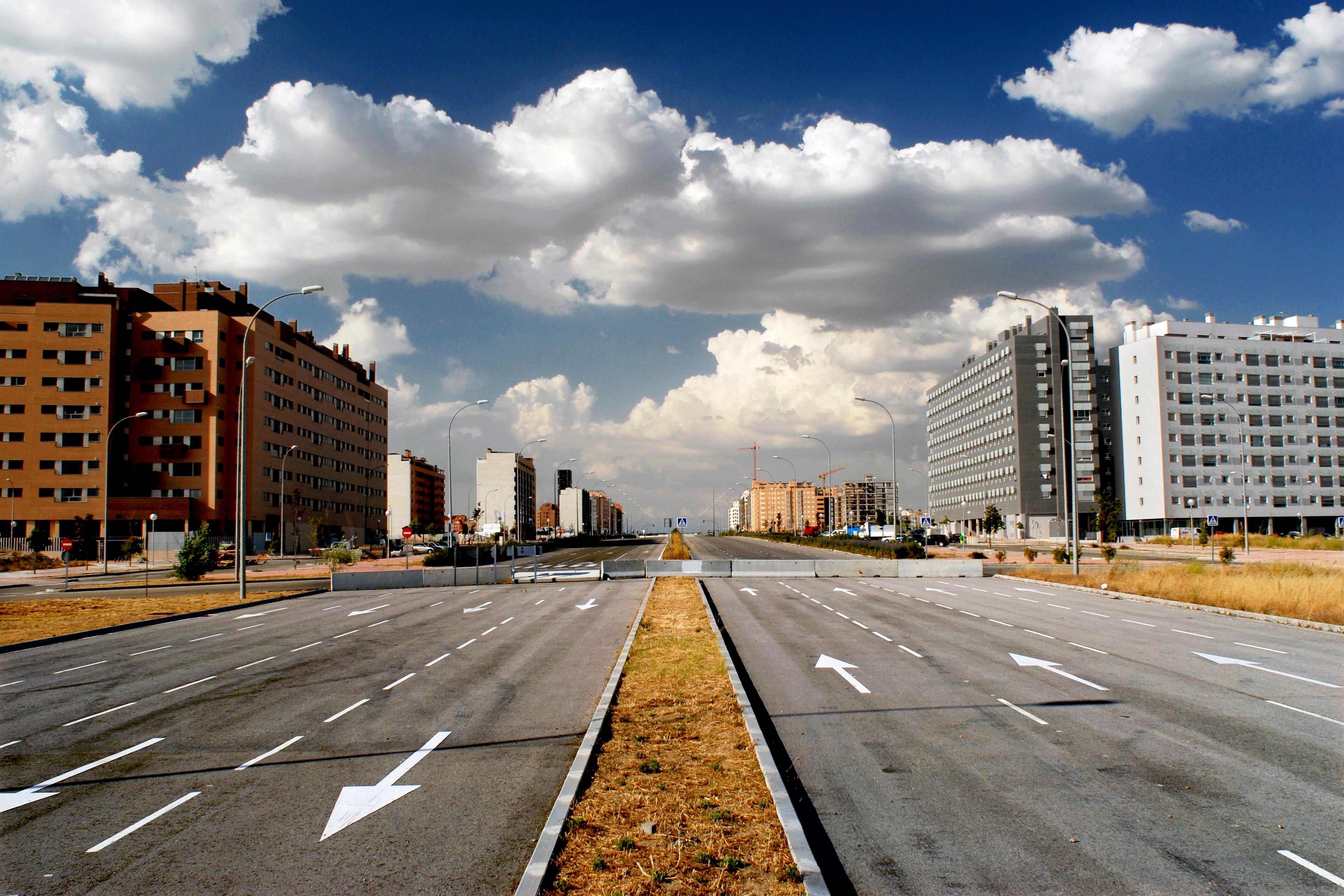
We often think of Aha! moments occurring by fluke, but there are evidence-based ways to make it more likely they will occur
by Nick Kabrel
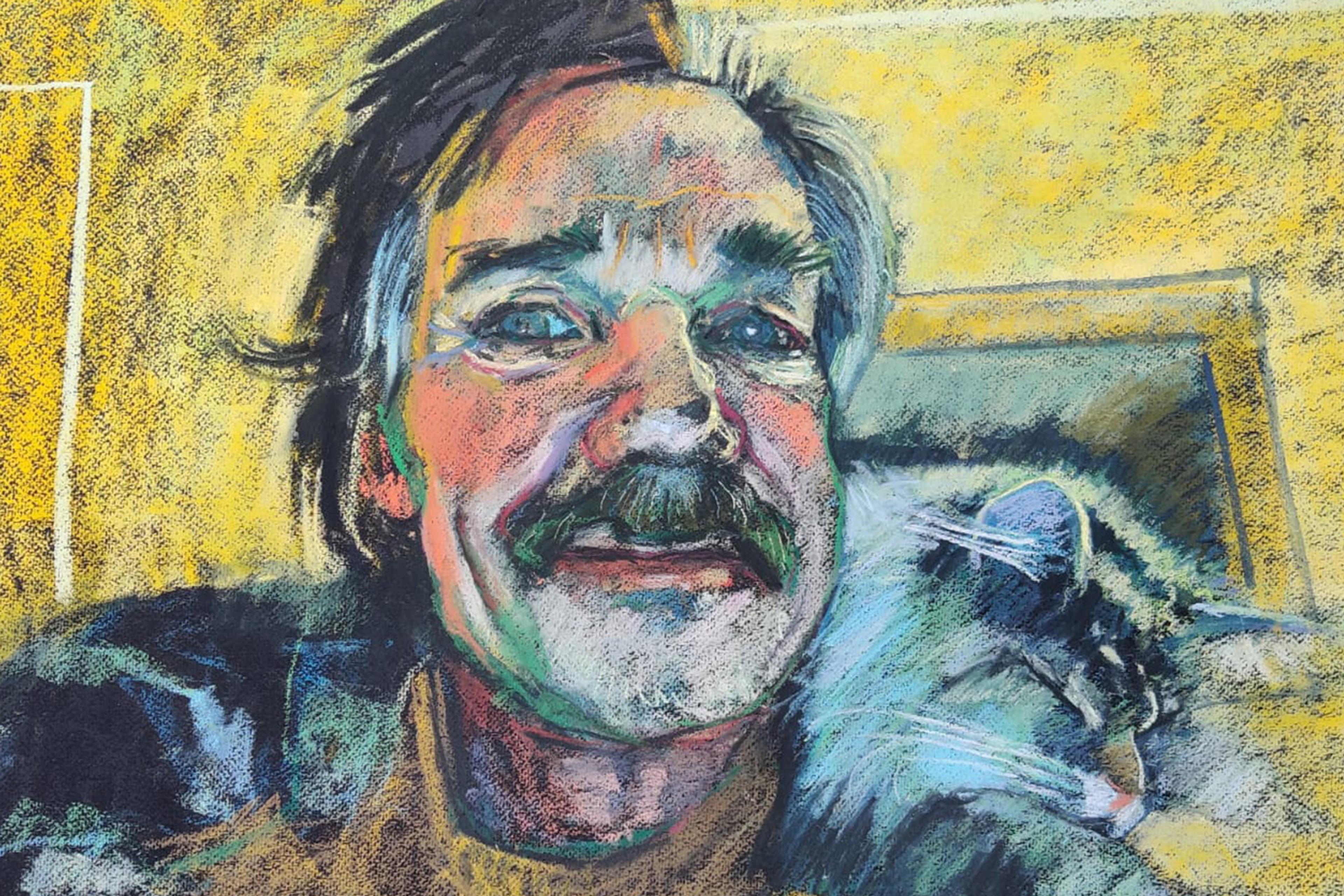
For aphantasic artists with no mind’s eye, creating paintings is a way to experience the mental pictures they can’t see
by Adam Zeman
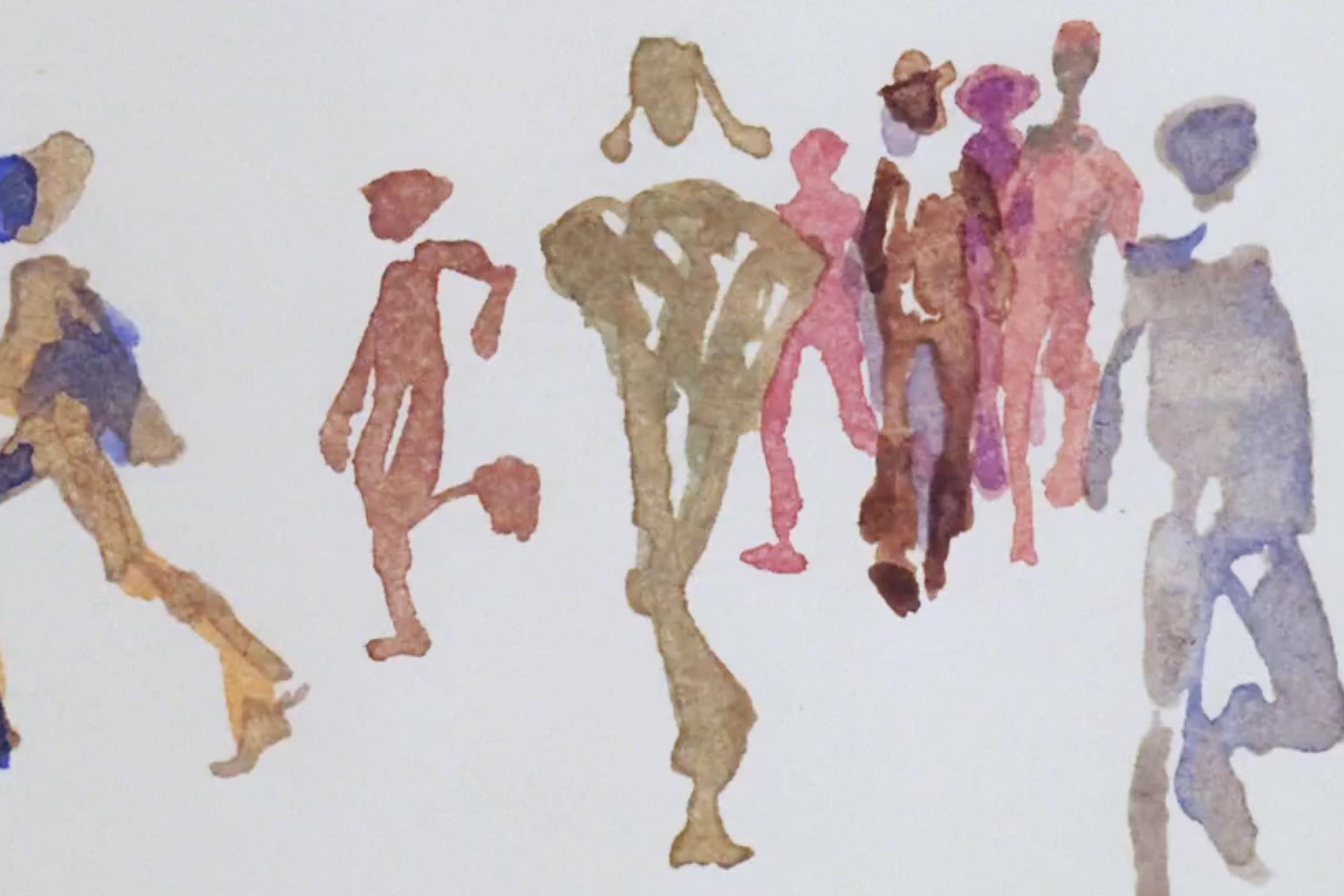
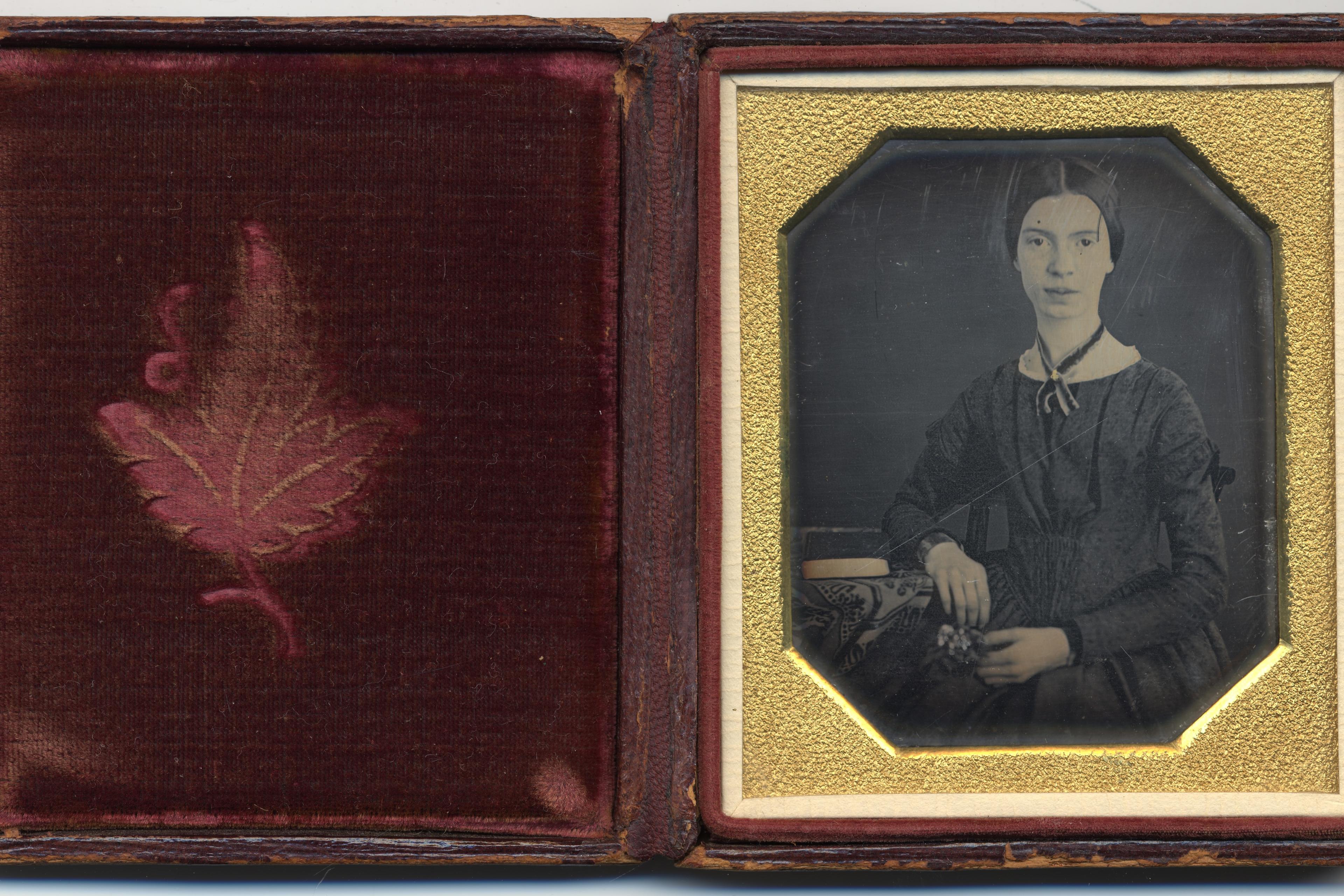
For the poet Emily Dickinson, sequester was a feminist act of independence: it gave her mental and literal space to write
by Magdalena Ostas